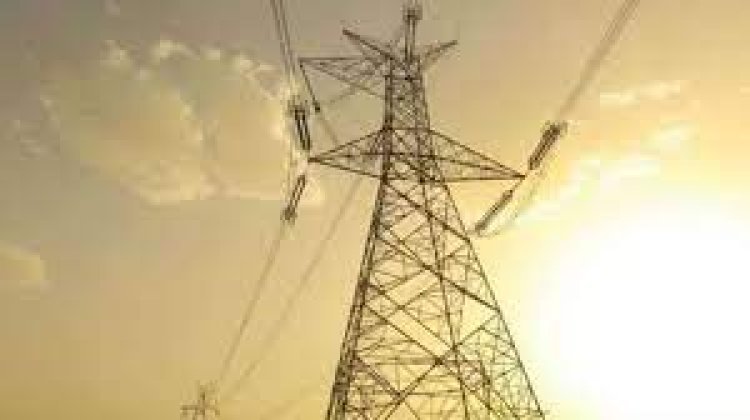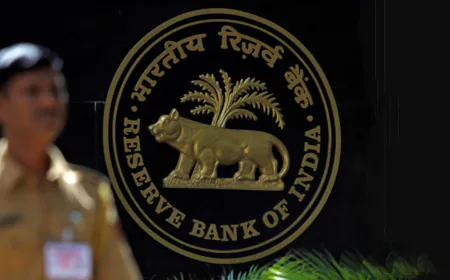Power crisis will deepen in Pakistan after pauper, demand will increase by 48 percent in next ten years
Pakistan is facing many problems these days, meanwhile, power supply can emerge as a new challenge for Pakistan. In fact, a report states that the demand for electricity in the country will increase by 48 percent in the next decade, which may require Pakistan to build power plants within the relevant time frame and bring in additional cheap power sources.

Following the rising demand for electricity, Pakistan may need to build power plants within the relevant time frame and bring in additional cheap power sources. Based on a study, the local news agency The News International has informed about this in a report.
The study emphasizes that Pakistan's electricity demand will grow by 48 percent over the next decade, from 154 terawatt-hours in fiscal year 2022 to 228 terawatt-hours in fiscal year 2031. To meet the growing demand for electricity, Pakistan needs to generate additional power and connect it to the national grid.
The latest study 'Powering Pakistan' conducted by the Policy Research Institute for Equitable Development (PRIED) and Renewables First states, "Existing power plants are increasing financial burden due to high operating costs, leading to their displacement with cheaper power sources." May need it."
IGCEP is a comprehensive planning document, approved by the National Electric Power Regulation Authority (NEPRA) and prepared annually by the National Transmission Despatch Company (NTDC). The latest approved IGCEP states that about 30 GW of new power plants will be built and integrated into the national grid over the next decade.
However, as reported by The News International, the initiative would require an investment of around US$40 billion. The report said that Pakistan faces the risk of building costly and inefficient power plants worth billions of dollars. The burden of such reckless decisions will fall on the shoulders of the people of Pakistan and they may have to pay the price in the years to come.
The lack of transparency in the power planning process not only makes the cost of fuel for power generation expensive but can also exacerbate the existing problem of mounting circular debt. Besides, power plants are being built for decades without proper planning, the report said. Furthermore, the report pointed out that Pakistan is now burdened with expensive plants and commitments, which the people are struggling to pay for.
































































































































